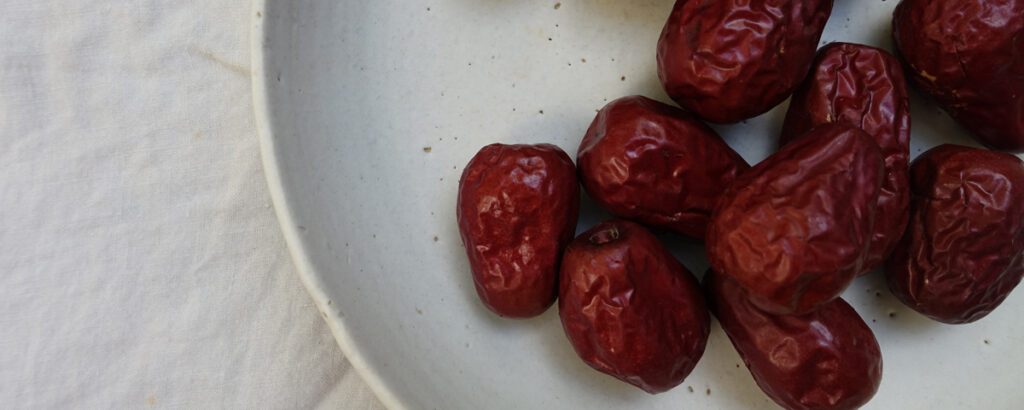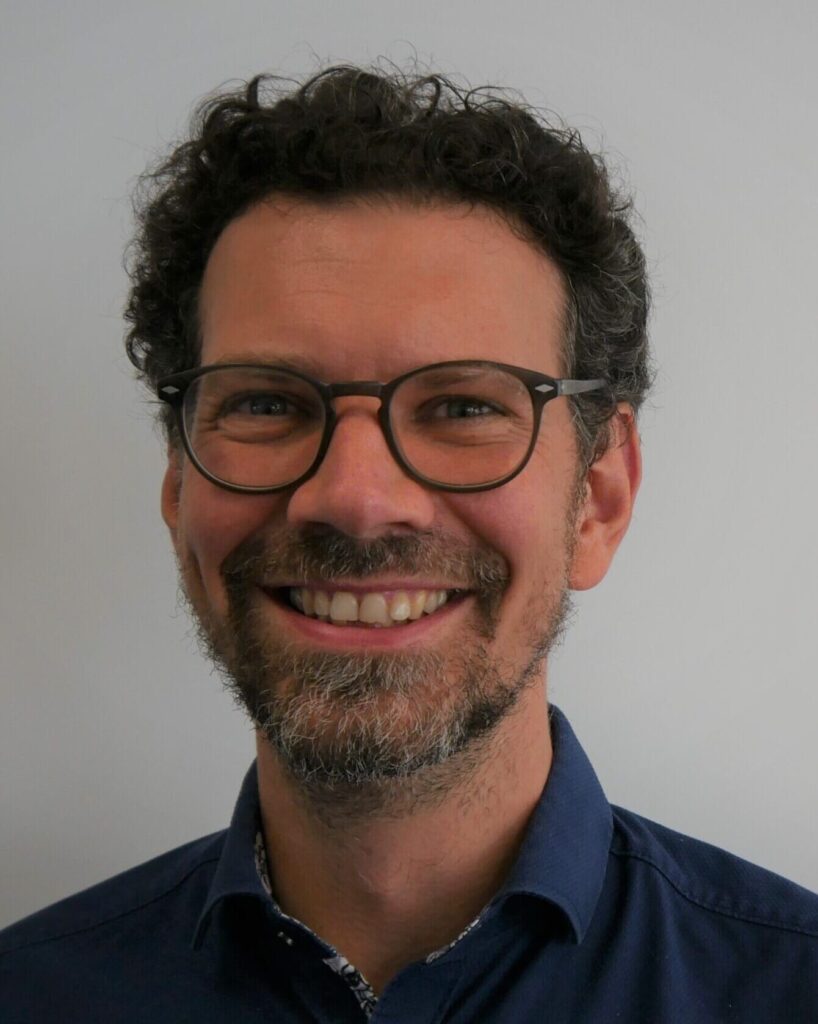solar4food

Project description
Research within this project focuses on improving date-drying processes in Sudan using solar thermal drying equipment in the low-tech sector.
The traditional date-drying method is based on laying the fruit out in the open air with the aid of solar radiation. This causes harvest losses, due to the infestation with insects, rot, or theft by animals and humans. Furthermore, the quality of the dates is affected by direct sunlight and dust.
Together with the Sudanese Research Institute for Environment, Natural Resources and Desertification (ENDRI), RLI is investigating the value chain of date cultivation on small farms. The analysis and evaluation of the individual work steps will determine, which type of dryer best meets the needs of the farmers. By using a solar dryer, losses are avoided and the quality of the dried dates can be improved.
With the results of the analysis, the solar dryer type will be adapted to the needs of small farms. The aim is to design a low-cost prototype, that can easily be replicated and can be assembled on the farms, using local resources and publicly accessible building instructions.
In cooperation with the energy seminar of TU Berlin, students will design a prototype and gain experience in self-construction. This experience will be considered for the creation of an instruction manual. The manual will be handed over to the ENDRI, where a group of students will build the solar dryer on-site.
In a test phase, the quality, nutritional values, and moisture content of the dates will be measured before, during, and after the drying process.
The cooperation between RLI and ENDRI is based on the network of the Arab-German Young Academy of Sciences and Humanities (AGYA), which promotes interdisciplinary cooperation between young Arab and German researchers and students. The project is financed within the AGYA network by the German Federal Ministry of Education and Science (BMBF).
Project duration: February 2019 – January 2020
© Image: Mona Mok, on Unsplash
Tasks
RLI assumes the following tasks within this research project:
- Contribution and evaluation of a field study among small farmers in northern Sudan conducting information about harvest quantities, drying and marketing processes of the cultivated dates. These informations will support the designing process of a solar dryer prototype.
- Evaluation of existing solar drying plants in the “low-tech” area by a literature research
- Identification of a suitable construction type for the application in Sudan
- support of a student seminar in design and construction of the solar dryer
